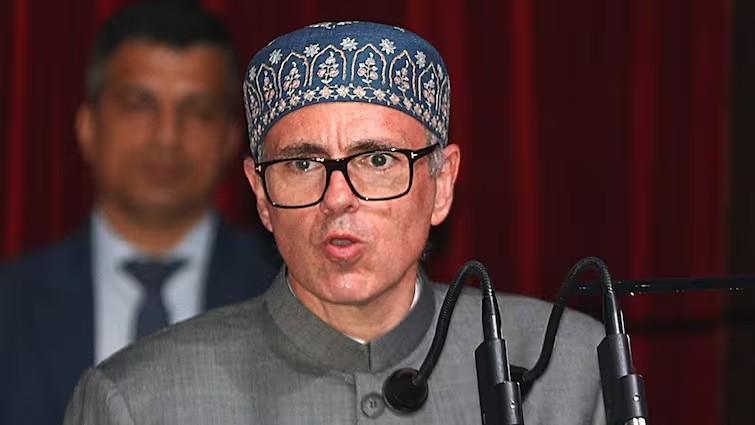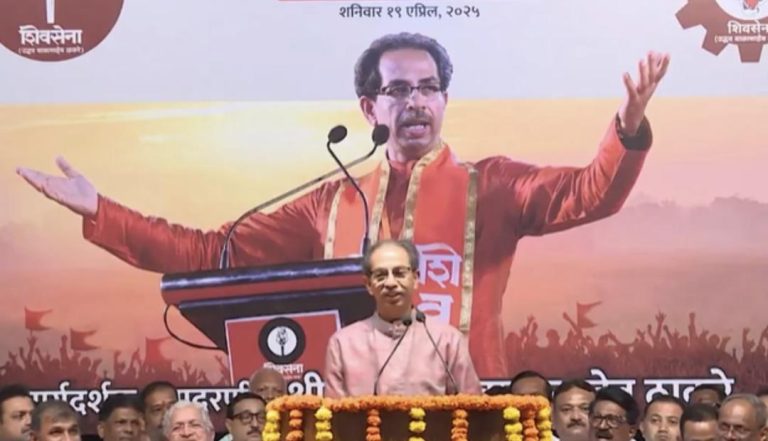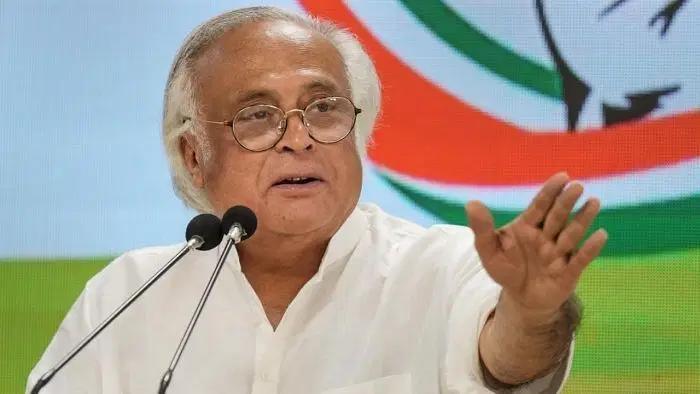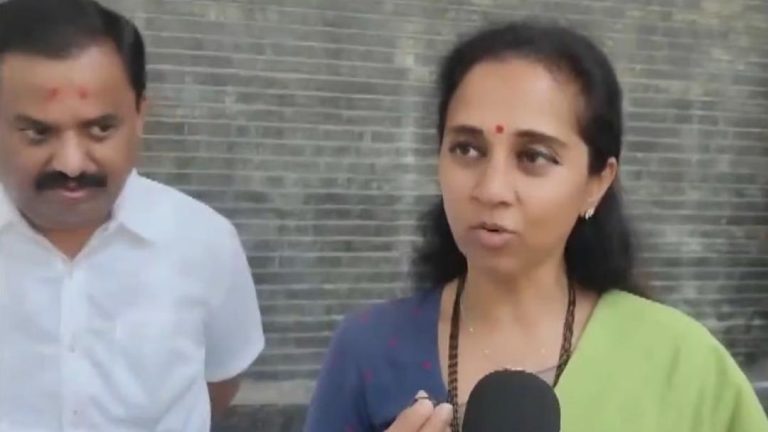
Normalcy in J&K post Art 370 abrogation is forced, not organic: CM
The abrogation of Article 370 in August 2019, which granted special status to Jammu and Kashmir, was a significant move by the Indian government. The decision was aimed at integrating the erstwhile state with the rest of the country and bringing in more economic opportunities and development. However, the newly appointed Chief Minister of Jammu and Kashmir, Omar Abdullah, has raised concerns about the normalcy that has been achieved in the region post-abrogation.
In a recent statement, Omar Abdullah said that the normalcy in the region is “forced” and not organic, as claimed by the Centre. He stated that if what is happening in J&K is organic, then nothing like it exists elsewhere. However, if it is driven out of fear, then there is a problem. He further added that people do not believe that the normalcy is organic.
Omar Abdullah’s statement has sparked a debate about the actual state of normalcy in Jammu and Kashmir post-abrogation of Article 370. The Centre has been claiming that the region has returned to normalcy, with restrictions on movement and communication lifted and people going about their daily lives normally. However, Omar Abdullah’s statement suggests that this normalcy is not genuine and is instead forced upon the people of the region.
So, what does Omar Abdullah mean by “forced” normalcy? In the context of Jammu and Kashmir, forced normalcy refers to the situation where the authorities have imposed a sense of normalcy through various means, such as restrictions on movement, communication, and assembly, rather than allowing it to develop organically. This means that people are not free to move around as they wish, and their daily lives are restricted in various ways.
There are several reasons why Omar Abdullah might be saying that the normalcy in J&K is forced. One reason is that the Centre has imposed strict restrictions on the movement of people in the region, particularly in the Valley. These restrictions include the imposition of curfews, curtailment of mobile internet services, and restrictions on the movement of people to and from the region. These restrictions have made it difficult for people to move around freely and have disrupted their daily lives.
Another reason why Omar Abdullah might be saying that the normalcy in J&K is forced is that the Centre has also imposed strict restrictions on communication in the region. The Centre has blocked various social media platforms, including Facebook, Twitter, and WhatsApp, and has also restricted access to international news channels. These restrictions have made it difficult for people to access information and communicate with each other.
Furthermore, Omar Abdullah might be saying that the normalcy in J&K is forced because of the large number of security personnel deployed in the region. The Centre has deployed thousands of security personnel in the Valley, which has led to a sense of unease and fear among the people. This fear has led to a sense of normalcy, with people going about their daily lives in a state of anxiety and uncertainty.
It is also possible that Omar Abdullah is saying that the normalcy in J&K is forced because of the lack of economic opportunities in the region. The Centre has promised to bring in economic opportunities and development to the region, but so far, there is little evidence of this. The lack of economic opportunities has led to widespread unemployment and poverty, which has made it difficult for people to live normal lives.
In conclusion, Omar Abdullah’s statement that the normalcy in J&K post-abrogation of Article 370 is forced and not organic is a valid concern. The Centre’s restrictions on movement and communication, the deployment of large numbers of security personnel, and the lack of economic opportunities have all contributed to a sense of forced normalcy in the region. It is essential for the Centre to address these concerns and ensure that the normalcy in J&K is organic and genuine.






